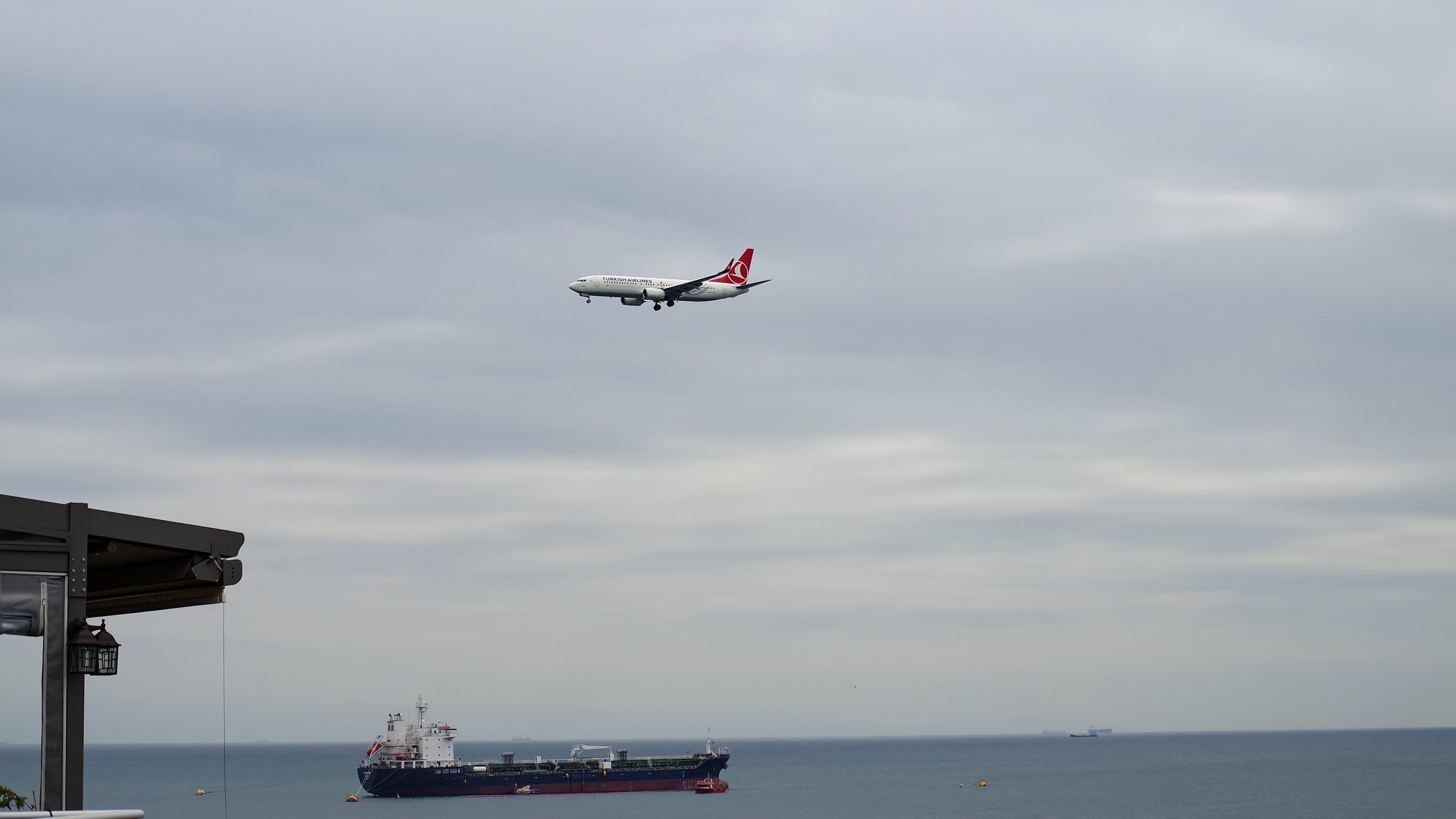
Briefing: UNFCC must include aviation and shipping emissions in measures on climate change
Factsheet on including bunker fuel emissions in future international climate agreements.
Greenhouse gas emissions from international aviation and maritime fuels, known as ‘bunkers’, account for nearly 10% of the climate problem and are growing rapidly. The climate deal to be agreed in Copenhagen must control emissions from all sources if it is to protect the climate. That means including international transport within the overall carbon budget. ICAO and IMO will argue to retain responsibility. Without timetables, targets and agreement on mitigation measures, this is a recipe for continued delay and inaction.
UNFCCC could take the necessary action in two ways:
- By including emissions in national totals of Annex I Parties, purely as an accounting measure. This would be straightforward for aviation, where bunker fuel emissions are a good indicator of activity.
- By setting targets for the two sectors, and mandating IMO and ICAO to develop and agree on global sectoral policies within a limited timeframe and subject to UNFCCC review.
Discussions in IMO and ICAO are currently deadlocked over whether policies should be global or differentiated, voluntary or mandatory.
